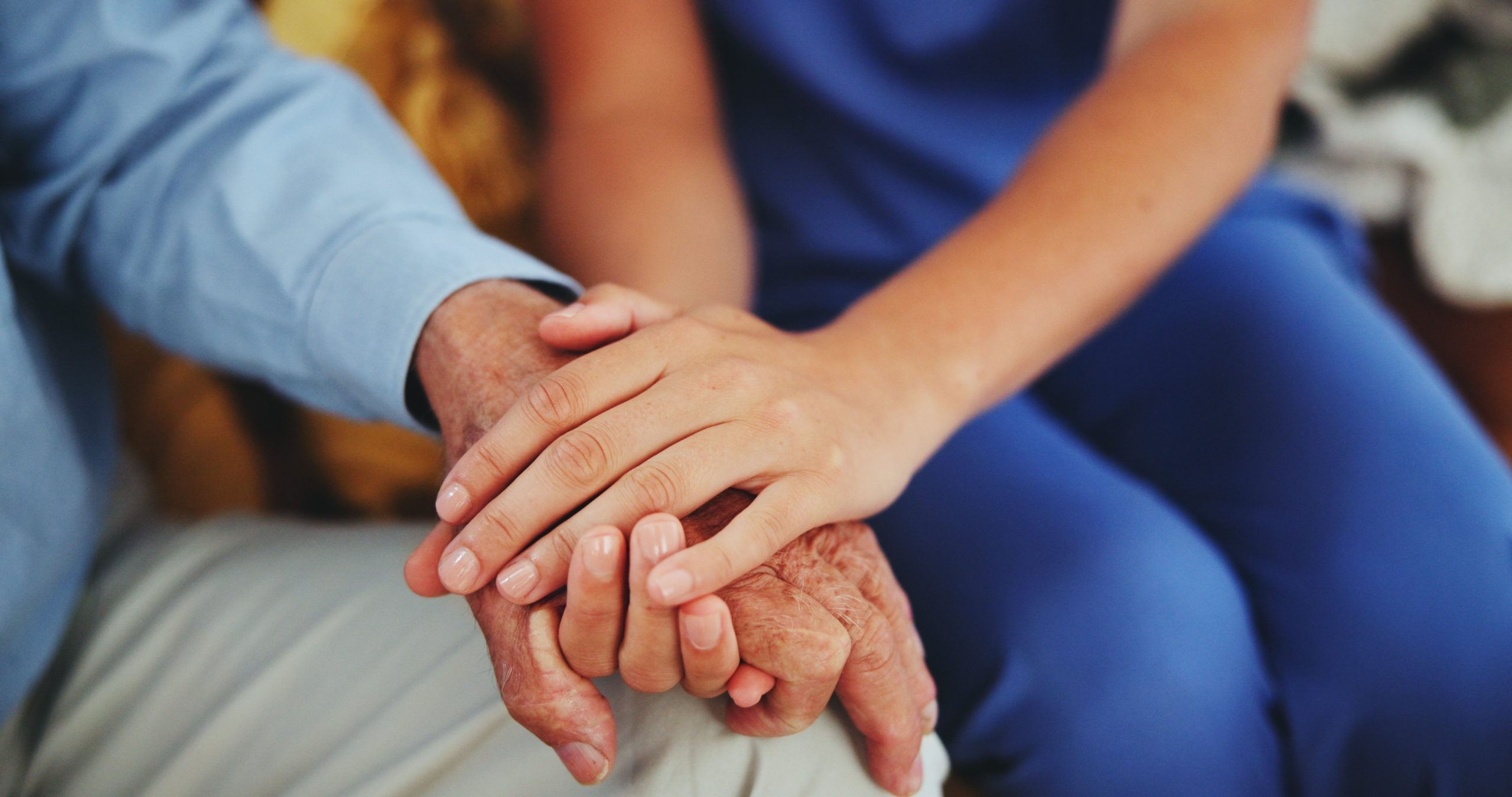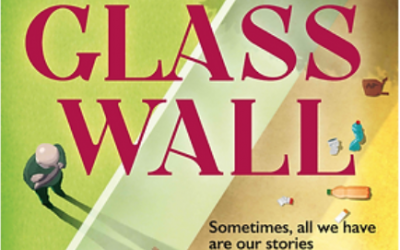This World Suicide Prevention Day, 10th September, TogetherintheUK looks at how interrupting suicidal thoughts—through conversation, connection, and timely support—can save lives. The article explores ways we can step in to raise awareness and create a world where fewer people die by suicide.
One of the most important ways to raise awareness is to talk about suicide, even though it’s a sensitive and painful subject. Talking about suicide with honesty and compassion matters—it reminds people they’re not alone, and it opens space for hope, healing, and connection even in the darkest moments. Silence can make the struggle even harder for those going through it–for those having suicidal thoughts and for the family and friends of a loved one who has died by suicide. Avoiding the conversation may make people who are suffering feel ashamed, misunderstood, or completely alone with their thoughts and grief. Speaking about suicide openly and with care, helps to break the stigma and show that it’s okay to reach out for support. Honest and non-judgemental conversations can save lives—reminding people that their pain is seen; that there are safe spaces to share it, and that hope, and help are always possible.
Refugees and asylum seekers are at particular risk from mental health problems, including considering suicide. Given the current hostile environment against migrants and refugees, the negative rhetoric from some politicians, right-wing organisations, and the media, and the rise of often aggressive anti-immigration protests, this risk is heightened. Constantly seeing negative headlines, being harassed in the streets or in parks, and exposure to racist social media postings can deepen feelings of anxiety, and isolation. For asylum seekers and refugees who have experienced trauma in their countries of origin and/or during their journey to the UK, the added stress and anxiety of managing the difficult immigration process and the conditions and environment they face post-immigration can have a negative influence on their mental health. In 2024, TogetherintheUK took part in The Mentality Podcast (developed by MAN (Mentoring Advocacy Network)) Migration and Mental Health, discussing this very issue. Supporting the concept of human connection as a key preventive measure, a 2024 academic report, highlighted on King’s College London website, suicide prevention for refugees and asylum seekers begins with effective integration into communities.
Suicide can affect any of us at any stage of our lives. It touches both the person struggling and the people who love them. For someone thinking about it, the pain can feel overwhelming, like there’s no way forward and no one who can understand. For family and friends, it can be heartbreaking and frightening to see someone they care for in such deep distress, leaving them unsure of how to help. One way which you can help is to “interrupt” someone’s suicidal thoughts by making some form of human connection. The interruption could be with a face-to-face conversation, a phone call, or text. It is important however, that if you think someone is in immediate danger, make sure they (and you) are safe and get emergency help.
The Samaritans have created a campaign to support World Suicide Prevention Day 2025 campaign by talking to people who have lived experience of suicidal thought–making it very practical and relevant. They have developed a series of practical webpages to help us help each other. Preventing suicide does not mean you have to solve the reason(s) for someone having suicidal thoughts, it is more important to listen non-judgementally, to let that person talk for how long or how often as necessary and importantly, let them know that other people care about them.
CALM (Campaign Against Living Miserable) also has a very practical website on how to prevent a loved one from thinking that suicide is the only answer to the pain and misery they are experiencing. It also has incredible resources for anybody thinking about suicide and for family or friends who have experienced loss through suicide.
Supporting someone in crisis can be tough, so it’s important to look after yourself too. As well as looking out for others, make sure you’re getting the care and support you need along the way. Without breaking confidences, you can support a family member, friend or work colleague by building a small support network, even if it’s just a group chat to check in regularly. This will help you from feeling overwhelmed and stressed.
When writing or talking about suicide, sensitivity is essential. The words we choose can either open a door to understanding or unintentionally deepen someone’s pain. For those who have lost someone, language can stir raw grief; for those struggling, careless phrasing can feel like judgment or dismissal. Sensitivity means approaching the topic with empathy, respect, and awareness. Fortunately, the “language” surrounding suicide has changed over the past two decades. Two information sheets on the right language to use; Shining a light on suicide and NSPCC Learning–both are informative and explain the background to the change in the narrative and in the case of dealing with children and adolescents, how it is important not to dismiss suicidal talk and other warning signs as typical child/teenager behaviour.
There are many organisations who can offer practical support and advice and a listening ear. In addition to Samaritans and CALM, TogetherintheUK has listed just some of the resources available to help prevent suicide and to offer support to those with lived experiences. In addition to national resources, many areas have local support networks and details of these can typically be found online or visit your local library, GP or Citizens Advice for contact information.
Samaritans Call 116 123
National Suicide Prevention Helpline 0800 587 0800
NHS 111
CALM 0800 58 58 58
Papyrus HOPELINEUK 0800 068 41 41 (88247 Text)
MIND 0300 123 3393
Shout 85258 (Text SHOUT)
Survivors of Bereavement by Suicide (SOBS) 0300 111 5065
Mental Health and Psychosocial Support (MHPSS) Directory for Refugees and Migrants in London – a broad and detailed list of organisations providing mental health and social support services to migrants, refugees and asylum seekers in London and Greater London.
To read more about the lives and impacts of migrants on UK society, go to TogetherintheUK.







